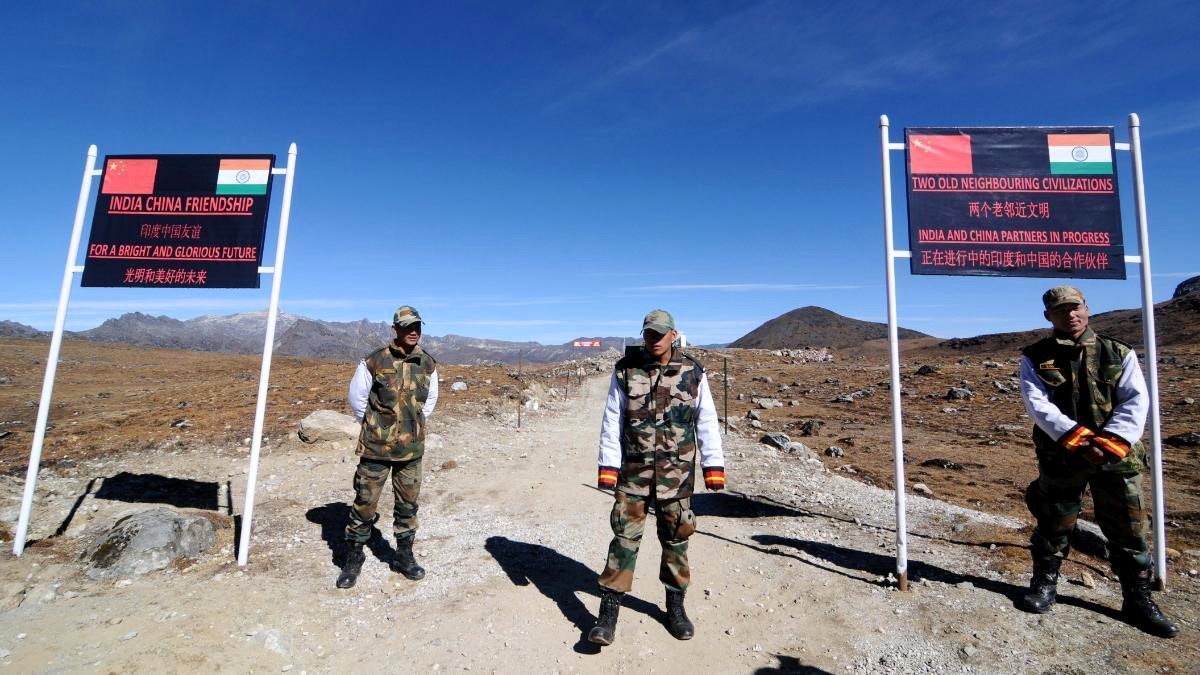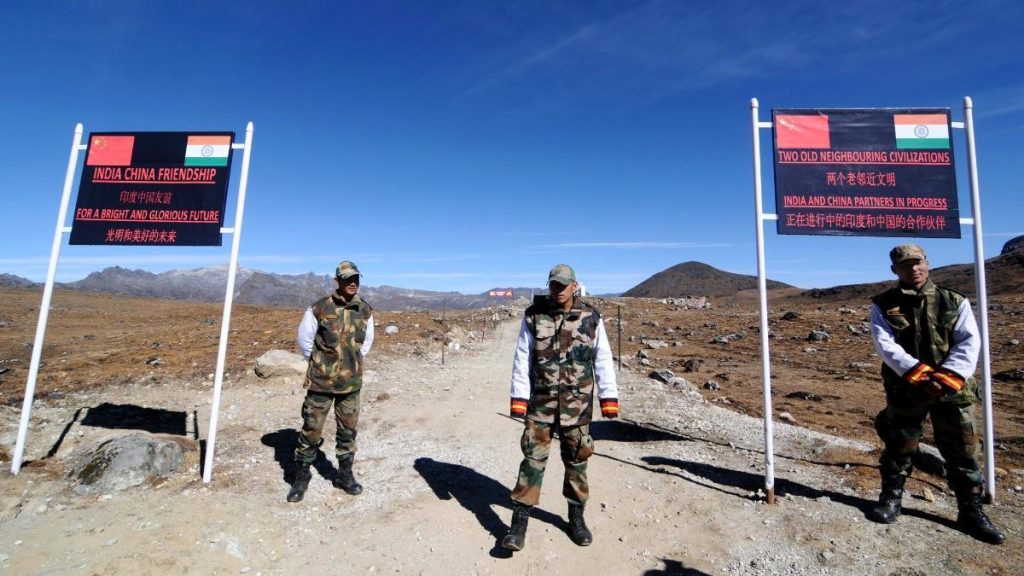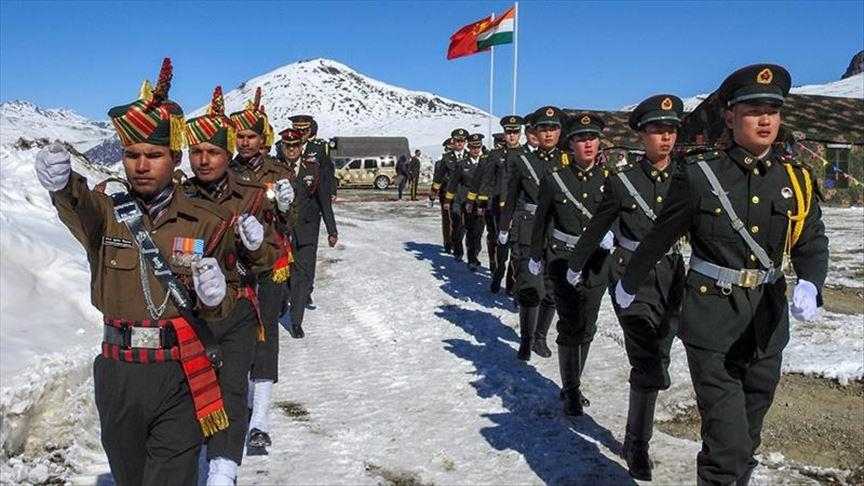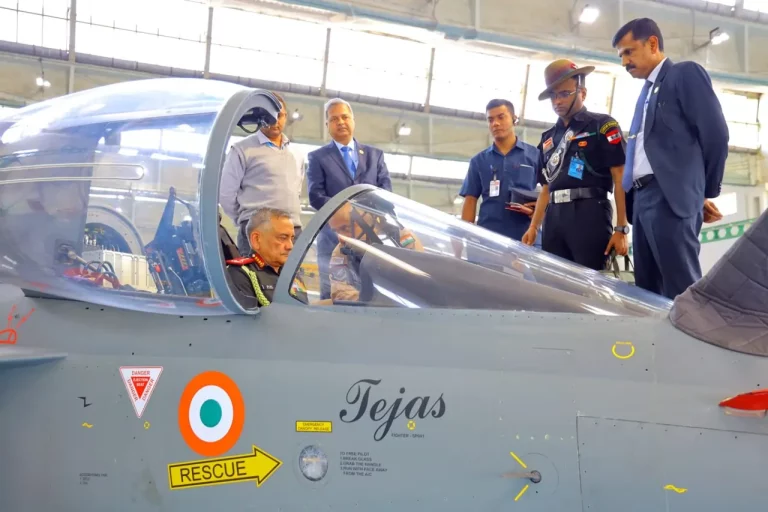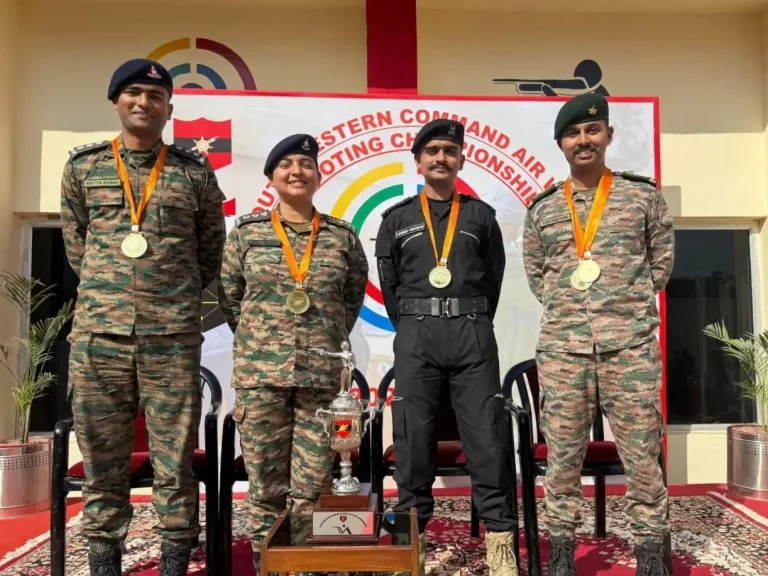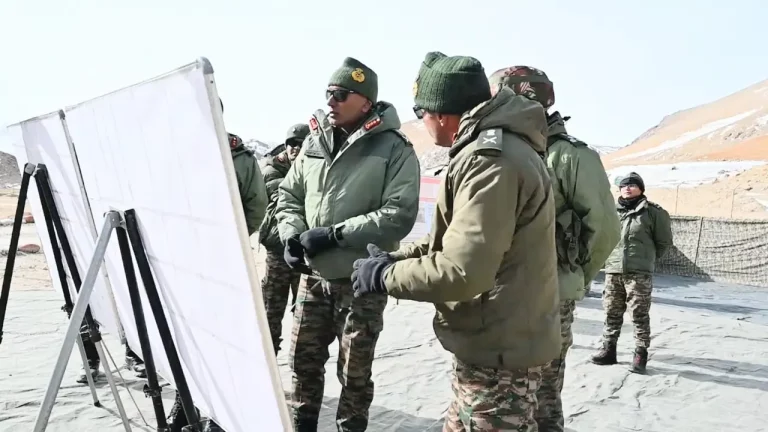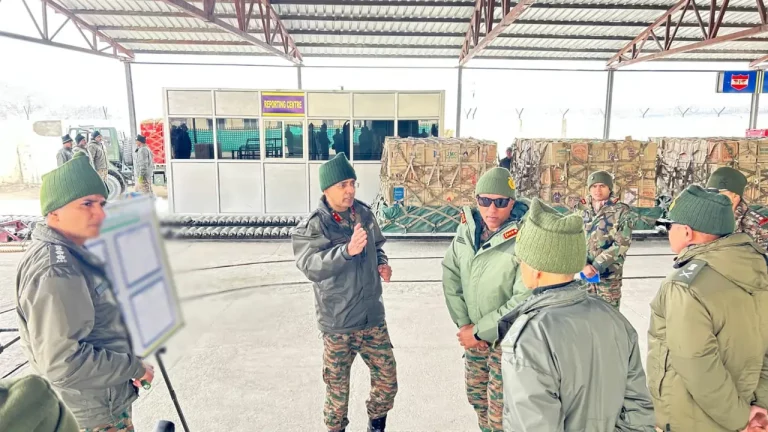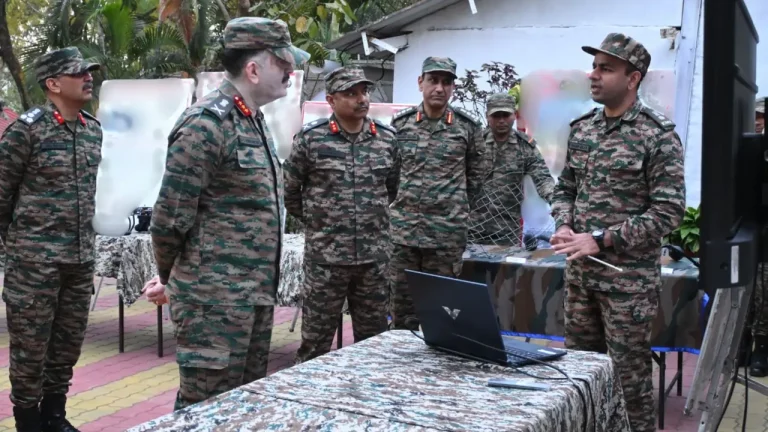Army Chief General Manoj Pande, addressing a panel at the India Today Conclave 2024, emphasized the “stable but sensitive” status of the situation along the Line of Actual Control (LAC) with China. He asserted that the Indian troop deployment along the LAC is “extremely robust and balanced,” underlining the need for constant vigilance and monitoring of developments, including troop movements and infrastructure enhancements on the other side.
The backdrop to Gen Pande’s remarks includes the protracted standoff in eastern Ladakh that began in May 2020, escalating with a violent clash in the Pangong Lake area and reaching a critical juncture with the deadly Galwan Valley conflict in June 2020—the most severe military confrontation between India and China in decades. Despite recent high-level military talks aimed at de-escalation, there remains no significant breakthrough, with both nations agreeing to maintain “peace and tranquillity.”
Gen Pande outlined the learning imperatives from border skirmishes and global conflicts, stressing the importance of national security, the decisive nature of land in contested borders, and the critical need for self-reliance—lessons underscored by both the border tensions and the challenges posed by the global pandemic.
At an operational level, he highlighted the shift towards non-contact, non-kinetic warfare dimensions such as cyber operations, information space, and influence operations, indicating a strategic pivot in how military engagements are conceived and executed. This reorientation includes planning for various contingencies with robust and effective response mechanisms, underscoring a proactive rather than reactive military posture.
Responding to inquiries about potential escalation at the LAC and the adequacy of India’s military response in comparison to past conflicts, Gen Pande assured that the responses would be situation-appropriate, effective, and markedly different from the past, notably the 1962 war with China. He underscored the importance of leveraging technology and innovation, including artificial intelligence, 5G, the Internet of Things, drones, and cyber capabilities, to enhance India’s military readiness and operational capabilities.
Gen Pande’s insights reflect a comprehensive approach to border security and military preparedness, merging traditional military strength with technological innovation and strategic foresight. His comments not only highlight the complexities of India’s border situation with China but also underscore a forward-looking vision for the Indian military in a rapidly evolving global security environment.
